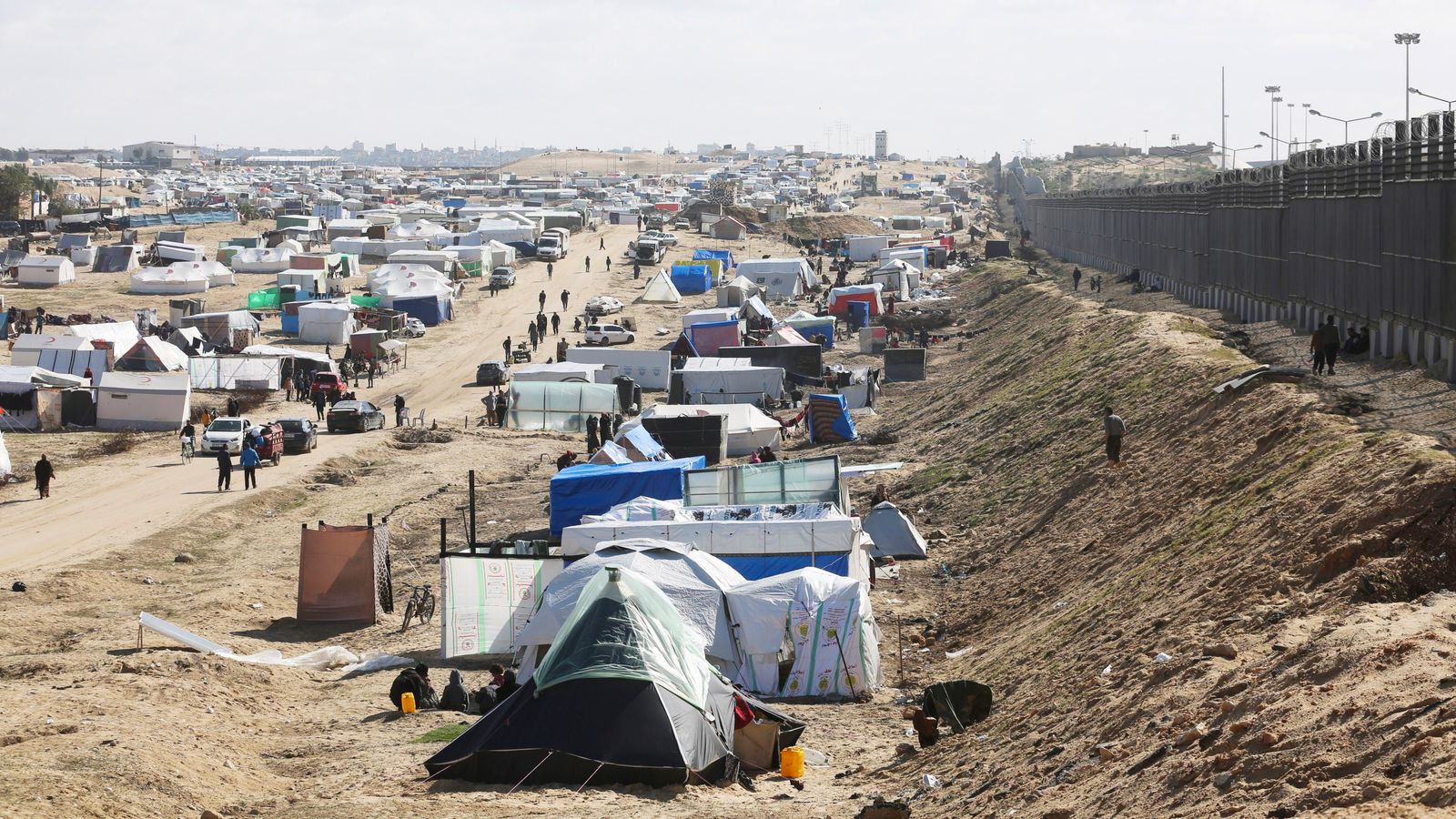The UK will temporarily pause funding to the UN’s relief agency in Gaza over claims members were involved in Hamas’ attack on Israel.
The United Nations Relief and Works Agency (UNRWA) said on Friday it sacked “several” employees over accusations by Israel that 12 employees were involved in the 7 October attack.
In the wake of the allegations, the Foreign Office says it is “temporarily pausing any future funding of UNRWA whilst we review these concerning allegations”.
It said it was “appalled” by the claims, adding: “We remain committed to getting humanitarian aid to the people in Gaza who desperately need it.”
The UK’s decision comes after the US, Italy, Australia and Canada all also suspended additional funding for the UN aid agency.
In a statement from the Department of State, the US said it was “extremely troubled” by the allegations, and noted it has “temporarily paused additional funding for UNRWA while we review these allegations and the steps the United Nations is taking to address them”.
It also said: “There must be complete accountability for anyone who participated in the heinous attacks of 7 October.”
UNRWA chief Philippe Lazzarini said the decision to sack the staffers was taken “to protect the agency’s ability to deliver humanitarian assistance”.
“Any UNRWA employee who was involved in acts of terror will be held accountable, including through criminal prosecution,” he added.
Speaking to the Axios news agency, a senior Israeli official said that the Shin Bet and the IDF provided information which alleged active participation of UNRWA staffers, along with the use of the agency’s vehicles and facilities, on 7 October.
